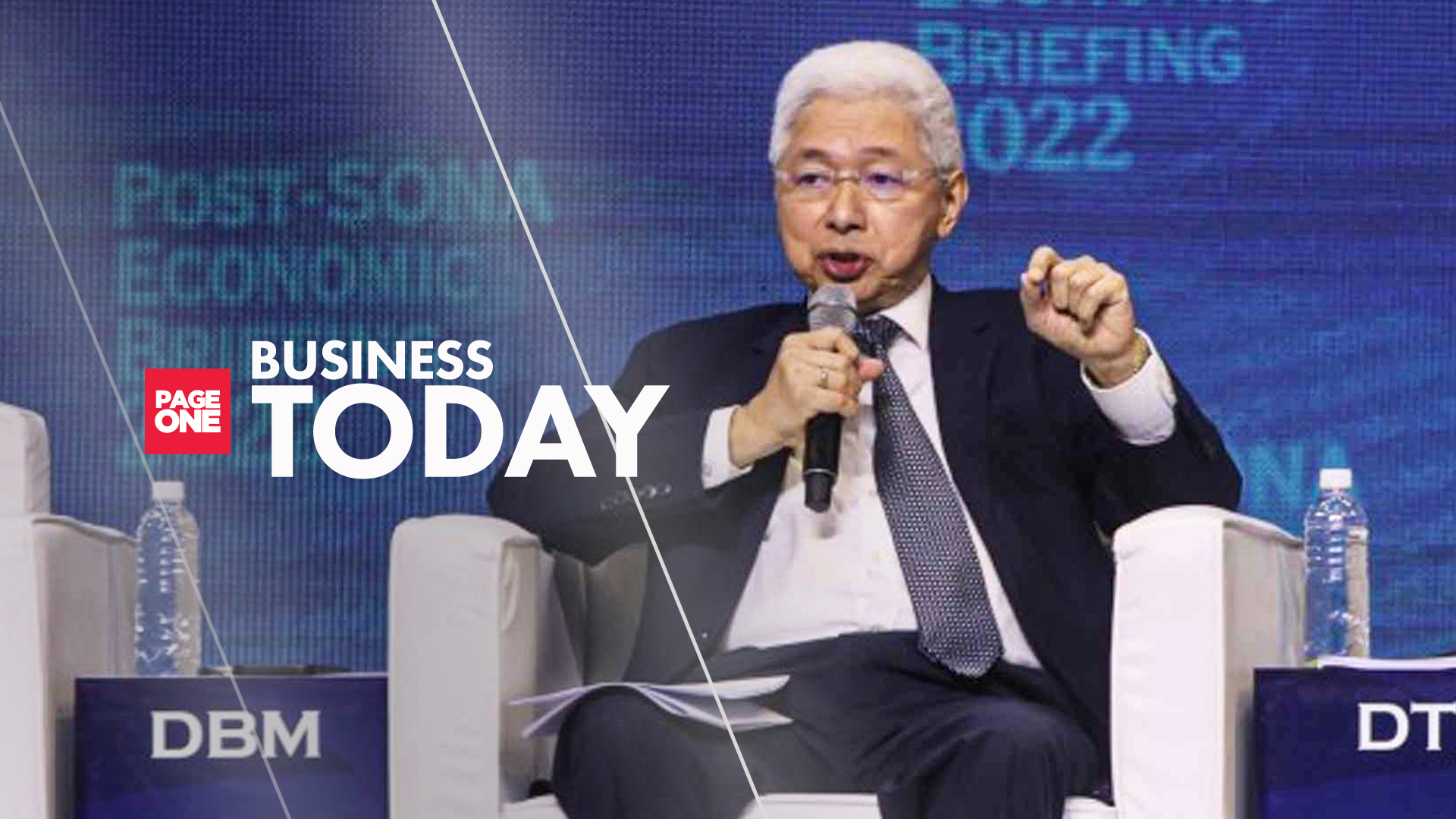As the country finally ratified the Regional Comprehensive Economic Partnership (RCEP) after two years, Department of Trade and Industry (DTI) Secretary Alfredo Pascual has encouraged Philippine-based businesses to take advantage of the benefits of the new trade pact.
Pascual told trade reporters in a virtual briefing Wednesday that the impacts of RCEP depend on how immediate businesses will act following its ratification.
Following Senate’s concurrence with the ratification of RCEP on Tuesday evening, the Philippines will deposit its instrument of ratification to the Association of Southeast Asian Nations (ASEAN) Secretariat.
RCEP will enter into force 60 days after the receipt of deposit of the instrument of ratification.
“We really want to communicate to our business community and the people in general that this RCEP just provides the enabling environment. How we behave given the new favorable environment will determine to what extent we can benefit from it. The government cannot regulate or order this. (But) we make sure that the environment is there,” Pascual said.
As Philippine-based businesses are anticipating the country’s participation to RCEP, the DTI chief said they have been preparing for the increased competition and have been planning how to take advantage of the new free trade agreement.
“More than that, I think investors that are eyeing the Philippines as production hub will now be implementing their intentions and plans to set up manufacturing hubs in the Philippines and making their investments in our country,” Pascual added.
In a separate statement, National Economic and Development Authority (NEDA) Secretary Arsenio Balisacan said the ratification of RCEP strengthens the Philippines’ position as an investment hub in ASEAN.
“With the country’s participation to RCEP, the Philippines has now further strengthened its position as an ideal investment hub in the region as we expand market access, facilitate trade and align our rules and procedures with participating economies,” he said.
Balisacan said this is in line with the overall targets of the Marcos administration’s medium-term plan of creating higher quality, resilient and sustainable jobs to achieve poverty reduction by attracting investments and boosting business expansions.
“With the strong support of Congress, yesterday’s concurrence to the RCEP Agreement is a testament to the government’s commitment to creating an environment conducive for trade and investments that are catalysts for job creation, skills development, and technology transfer as we seek to transform the Philippine economy in the next six years,” he added.
Support from the private sector
The Philippine Chamber of Commerce and Industry (PCCI), the Makati Business Club (MBC) and the Confederation of Wearable Exporters of the Philippines (Conwep) also expressed their gratitude to the Senate members for concurring with the RCEP ratification.
“It’s a good development for our country’s economic trade opportunities. Certain products are given conditionalities to avoid negative impact to local producers,” PCCI president George Barcelon told the Philippine News Agency (PNA) in a text message.
For his part, MBC executive director Francisco Alcuaz Jr. said the business group is confident that RCEP will accelerate job generation and economic recovery and will promote inclusive growth.
Alcuaz said the Senate’s decision to favor the country’s participation to RCEP is a “clear signal” that the Philippines is open for business and jobs.
“We congratulate the Senate, President (Ferdinand) Marcos, DTI Sec. Pascual, former DTI Sec. Ramon Lopez, and the rest of the Economic cluster for taking another step to open foreign markets for Philippine businesses while improving the quality and affordability of local goods and services,” he added.
On the other hand, Conwep underscored the importance of RCEP market for the Philippine manufacturers.
“The RCEP member countries represent 19 percent of our total wearables exports to the world. If the Philippines fail to ratify the said agreement and form part of this major regional economy, the same can be diluted by other member RCEP countries,” Conwep said in a statement.
Conwep data showed that Philippine wearables exports to RCEP participating countries increased by 8 percent year-on-year in 2022.
“Japan consistently ranks as top Philippines export market for wearables with a 54 percent share of total exports to the RCEP member states based on 2022 performance. China ranks second top RCEP export country, with export value of USD90 million in 2022, followed by Australia, as the third top RCEP export market in 2022,” it added. (PNA)








